- Learning time
- 20 minutes
- First play time
- 120 minutes
Santiago
Designed by:
Santiago is a game in which the players plant crops on an arid board, whilst trying to ensure that the water source, from a single well, reaches their crops rather than their opponents. After a set number of rounds, the players will get points for all the groups of crops they’ve planted or have workers next to; the person with the most points and money wins.
In each round, a number of crop tiles equal to the number of players are revealed, and players bid money to get first pick of them. Having won a bid, you place your tile on the shared board. It’s likely that when placed, the crop tile will not be irrigated (see below) – if the tile stays that way, it won’t last more than a couple of rounds before being flipped and earning no points at the end of the game.
Then one player (the player who bid lowest to get a tile) is designated the ‘canal overseer’, and will get to place a single irrigation marker, which will extend the reach of the precious water to up to four dry tiles. If a tile is adjacent to a canal, it’s considered irrigated. However, before the canal is placed all the players get to offer bribes to the overseer, to ensure the water travels their way. The overseer can either accept a bribe, or, if they wish to ignore all the bribes and go their own way, they will have to pay to do so.
Then all the tiles are checked, any that aren’t irrigated will dry, and may dry out completely. At that point those tiles become useless. Everyone gets some money (escudos), and the next round begins.
It’s one of those games that have a number of ‘phases’ to each round, rather than play continuing round and round the table. But despite this, the rules themselves are simple, and the game quickly becomes all to do with the player interaction. Money is scarce, and accepting a bribe as the overseer is the only way to ensure getting more than everyone else; but will you be able to ensure a bidding war, to make the bribery worth your while?
The money spent versus points gained is fairly easy to track, so it never feels overwhelming – the only unpredictability is in the bidding for crop tiles and bribery, so there will be many tense moments between the players as they weigh up the benefits of temporary alliances. If you pine for the back-stabbing delights of an old-school game like Democracy without the seven hour play time, and can accept watering bananas as a substitute for world domination, you won’t go far wrong with Santiago.
Joe says
Santiago is excellent with the full compliment of five players, and definitely one of my go-to games when playing with that number. Auctions, bribery, bananas . . . what's not to love. Judging your bids can be tricky - a good rule of thumb is that since you get 37 Escudos over the course of a (five player) game, if your final score is less than that you played badly!
The guru's verdict
-
Take That!
Take That!
There's plenty of player interaction here, and it will be hard-fought. It's also not a game that can be toned down effectively, as the game really is all about the players, so best avoided if confrontational games aren't your thing. It's not unnecessarily nasty though - it's a subtle, well structured game.
-
Fidget Factor!
Fidget Factor!
Turns are long, but within each one all players will have lots to think about and do, so downtime isn't a big problem.
-
Brain Burn!
Brain Burn!
Towards the end of the game, scores are calculable - this can make decisions easier, but puts off some players who prefer more of a surprise ending.
-
Again Again!
Again Again!
Despite the lack of variability in set-up, Santiago will be a good game to pull out whenever you feel like a full-on four or five player battle of wits - it's only ever going to be as predictable as human nature.

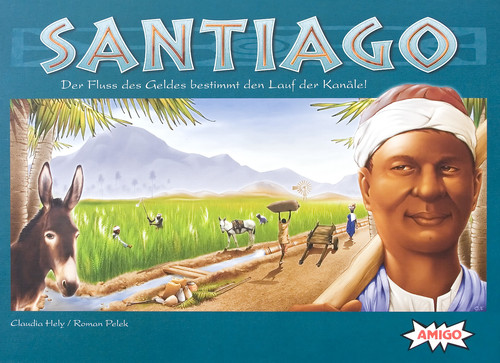

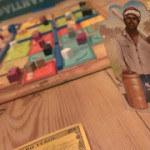
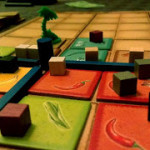


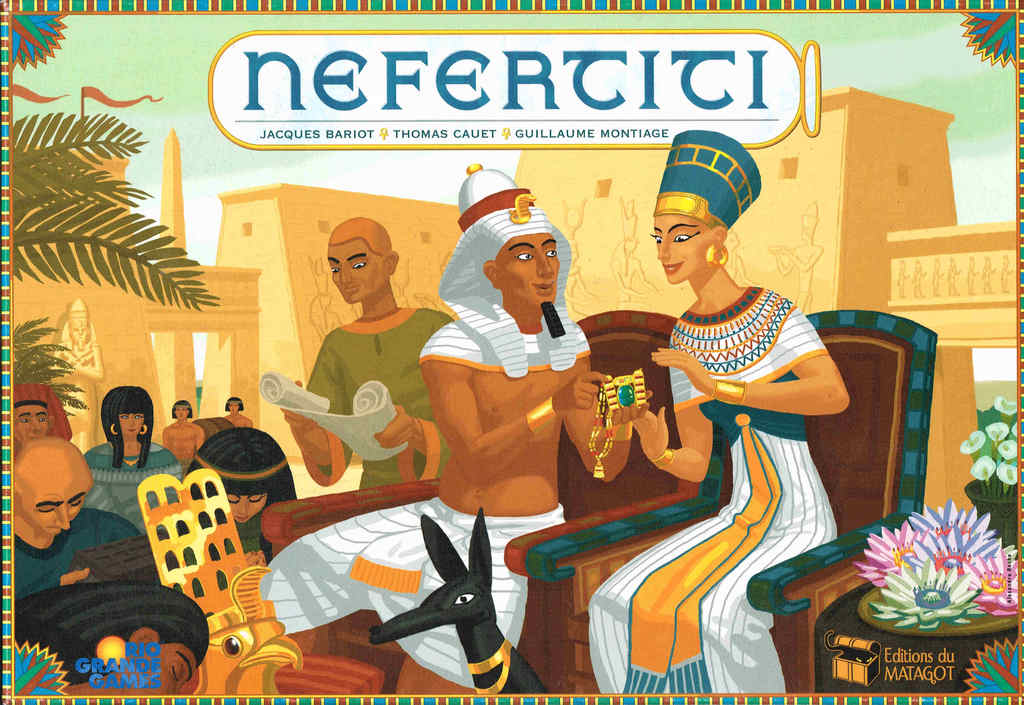
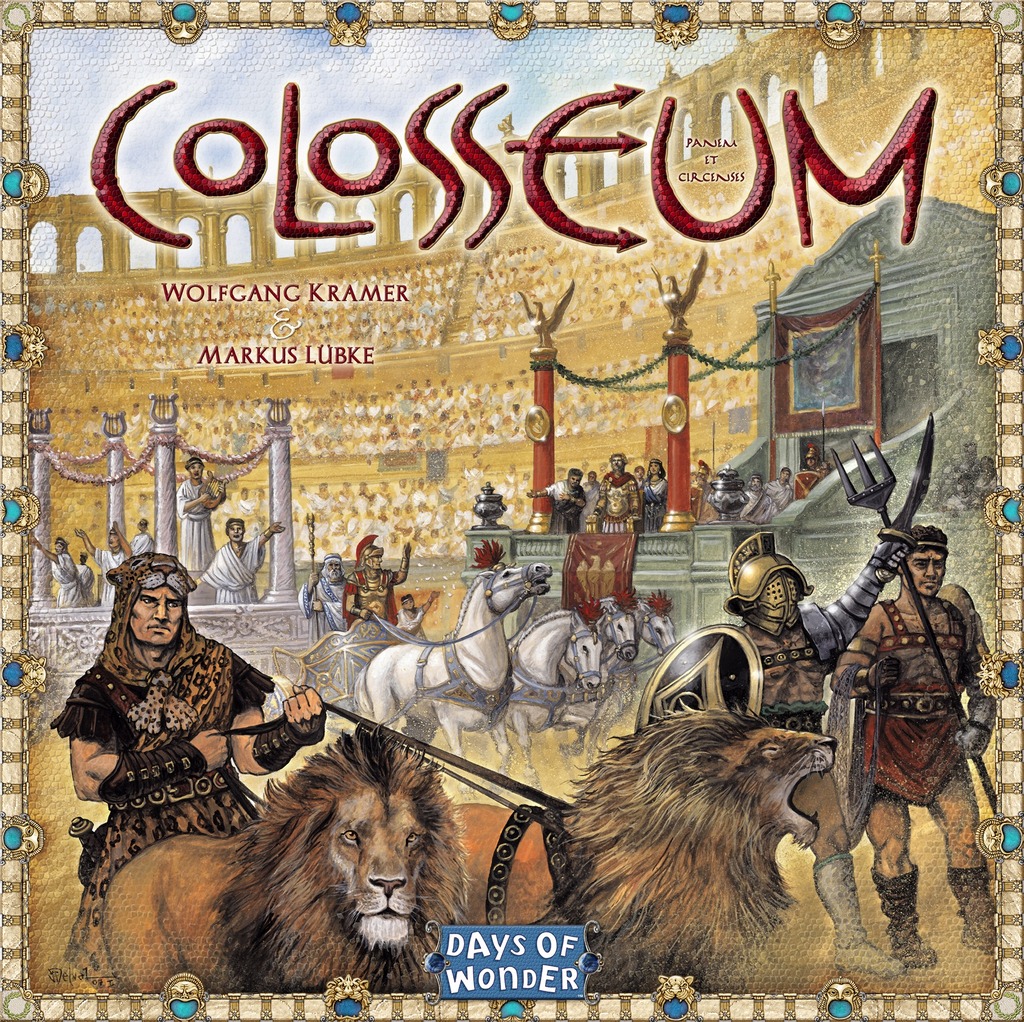

Sam says
If you want a game where table talk is what moves things forward, then Santiago is a great option. Like Genoa and to a lesser degree, Catan, the interaction between players drives things here - there's not a great deal of thoughtful pondering to be done when people are waving money under your nose. Or indeed, when you need to make a bribe, and fast.